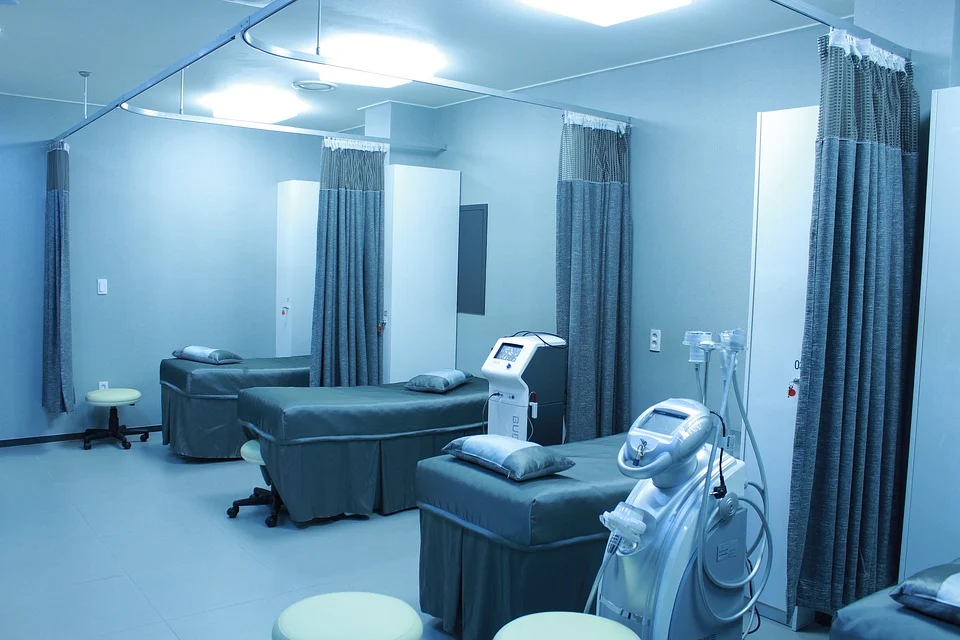A common concern from patients who are undergoing surgery is the risk of infection at the site of their surgery, particularly caused by bacteria that are commonly found in hospitals. While hospitals and operating theatres are kept spotlessly clean to an obsessive level and the risk of these infections is very low and made even lower by proper post-operative wound care, knowing about the common ones and how to spot them can be beneficial. Even if you do happen to pick up a bacterial infection, they are almost always easily treatable, apart from these few which might mean a longer hospital stay.

Staphylococcus Aureus
The staph infection is one of, if not the most notorious hospital-acquired infections on this list. You might be surprised to learn that about one-third of us actually carry the Staphylococcus Aureus bacteria in our nose but thankfully it poses no risk to us when we are of good health. The problem and risk is when this staph enters a surgical site, it can quickly cause us to develop some serious complications like pneumonia. Luckily, a Staphylococcus Aureus infection is simply treated with antibiotics, but identifying and seeking medical help is crucial.
Enterococci
These bacteria are actually a part of our normal healthy digestive tract flora and is also found in the female reproductive system. That’s where this bacterium belongs, but when it finds its way into surgical sites or other open wounds, it can cause infection. For the most part, this infection is just treated with Vancomycin, but there are some strains that are resistant to the drug and can quickly become serious. These strains are known as Vancomycin-Resistant Enterococci (VRE). It’s for these more serious infections that preventing germ spread is so important for hospital staff and why so much emphasis is placed on it.
Klebsiella
Another bacterium that poses no real threat if it stays put where it’s meant to be in the gastrointestinal tract, but harmful if it finds its way into other parts of the body. This is most common in those patients undergoing treatment in the gastrointestinal tract where this bacterium can find its way into the body. Also, anyone who has recently had an IV, foley catheter or breathing tube is at risk of developing a Klebsiella infection.
Acinetobacter
The first bacteria on our list that isn’t naturally found in the body is Acinetobacter, which is found naturally in water and soils. These bacteria are almost never a problem for normal healthy people and even surgical patients shouldn’t generally be concerned about it because it’s almost never a problem outside of hospital. This is because Acinetobacter almost always causes issues for only those who are already fighting an illness that is serious enough to be in the critical care unit of the hospital.
Good post-op wound care is the very first step to avoiding infection when you leave the hospital and following your medical staff’s directions on how to care for your wound is very important. If you do feel like your wound isn’t healing properly or think you might have an infection, seek the opinion of a professional immediately.
